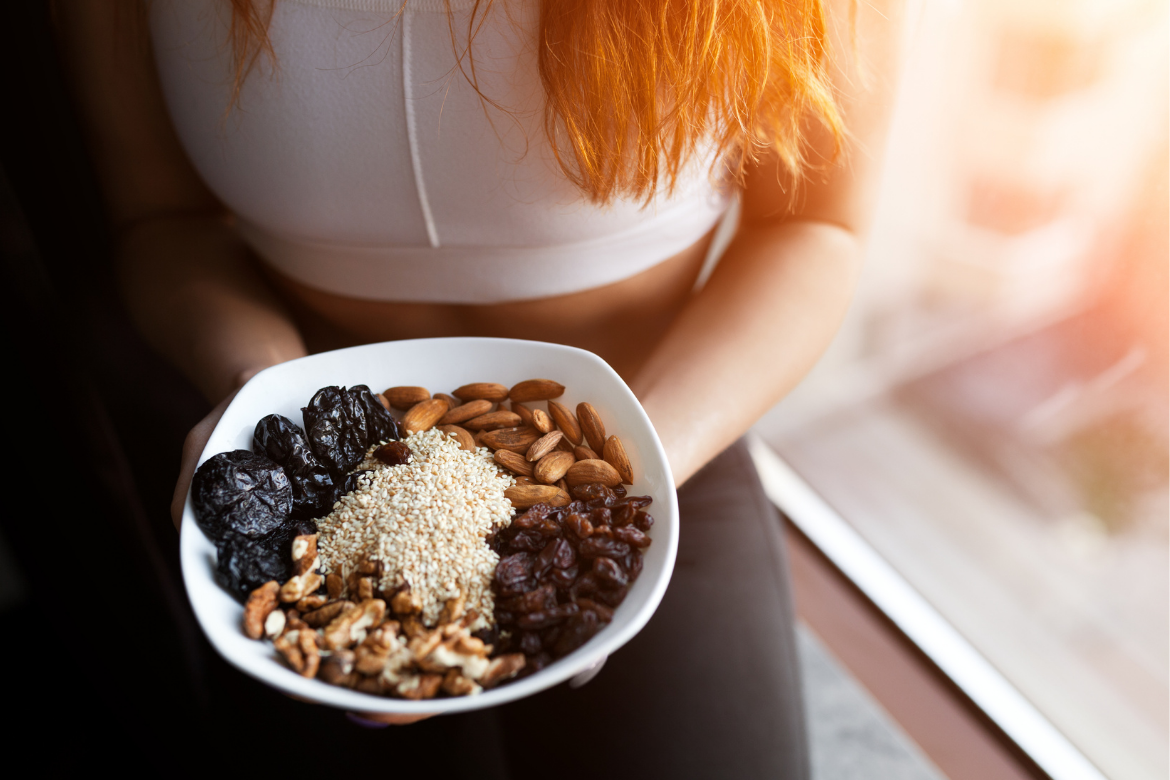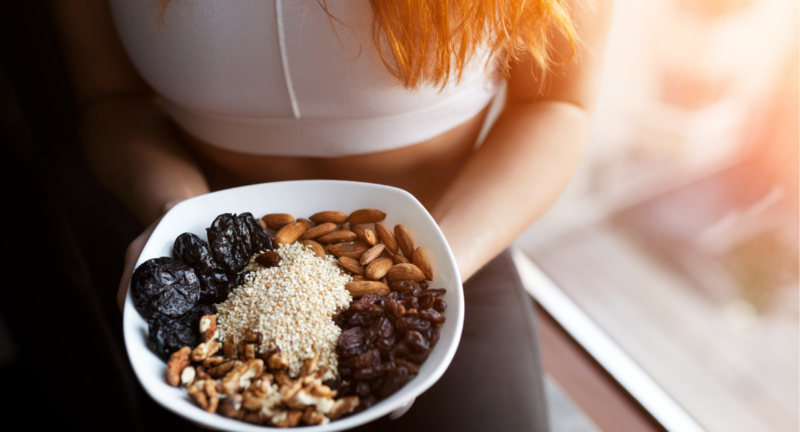

6 Ways Your Food Choices Can Help Lower Stress and Support Mental Health
October 21, 2021 by Counseling and Wellness Center of Pittsburgh Certified Nutritionist, dietician, dietitian, dietitian nutritionist, dietitian nutritionist near me, food for anxiety, food for depression, food for mood, healthy eating, healthy food, nutrition, Nutrition Counseling, Nutritionist, registered dietitian, registered licensed dietitian 0 comments
There are no magic foods for boosting your mood. But when Registered Dietitian Kali Alrutz works with patients at the Counseling and Wellness Center of Pittsburgh, she often begins by telling them that a healthy diet can really help support their mental health, as well as their physical health.
Kidsburgh asked Alrutz for advice on how Pittsburgh families can use healthy food and drink to help manage stress. Here are her tips:
- Choose good proteins: Many people get their protein from meat, Alrutz says, and that can be good — especially if you’re choosing leaner meats like chicken. But our brains get a boost from fish and also from nuts, because these foods offer healthy fats including omega-3 and omega-6 fatty acids. Healthy fats have anti-inflammatory properties, and “help our moods, help our brains function and think more clearly.” Along with eating fresh or roasted nuts, she also recommends buying nuts in bulk and blending them to make your own nut butters. Beans of all kinds are also great choices.
- Make better snacks: Leafy greens are great for brain health. If your kids aren’t big fans of cooked greens or salads, try making homemade kale chips. Lots of easy recipes are available online — simply spread kale on a roasting pan and sprinkle with a bit of salt or any spices your family likes, then roast at low heat until kale leaves are crunchy. You can also make great brain-healthy snacks with chickpeas (also known as garbanzos). Dry them with a paper towel, then toss them with just a bit of oil and spread them on a baking sheet. Sprinkle with salt and pepper or any seasonings you like, then roast them in the oven at 425 degrees until crispy, about 30 minutes. “These types of foods will give you tons of fiber,” Alrutz says. They’re great protein sources that are low in saturated fats and “high in your poly- and mono-unsaturated fats that are very good for your brain.”
- Stay hydrated: When we get dehydrated, it impacts our brain function and mood regulation. But if we drink plenty of water, research shows that we can decrease our risk of depression and anxiety. Rather than relying on sweetened soft drinks, make water a central part of your day. And take time to notice if you’re feeling thirsty.
- Keep sugar limited: Although sugar can make us feel better in the short run, “regulating your blood sugar levels is another really important idea,” she says. “Your insulin resistance also has an effect on your stress levels.” Eating sugary foods can temporarily drive blood sugar levels up, but invariably those levels will drop. That affects adults and kids physically and mentally. “With low blood sugar, you might become a little bit more irritable or you might not be able to concentrate,” and that can impact overall stress levels in a household.
- Try new foods and new recipes: “Variety is really important,” Alrutz says, “because every food that we consume provides us with a different vitamin or a different mineral or some type of benefit to our system.” Beyond restricting your vitamin intake, eating the same foods all the time can get boring, making mealtime feel even more like a chore and adding stress. So try looking online for healthy recipes that will be easy to make and appealing to you and your kids. Bonus: If kids get to choose new recipes and help shop for ingredients, that can help get them excited about cooking and make mealtime less stressful for the whole family.
- Eat consciously: So often people grab a meal on the run. Or we’re busy working or doing something else while eating. Alrutz says that if we slow down even for a few minutes and notice our meal, we’ll feel better physically and mentally. “A lot of people tend to overlook mealtimes because it kind of takes a backseat. We have busy lives, right? We have a lot going on. But, you know, we need the fuel. We need that energy to make sure that we’re mentally stable and managing our stress levels.”
Kali is looking forward to helping you achieve your goals. Whether it is something you have been wanting to do for a while, or recently decided to seek professional assistance, she is here for you. With personalized nutrition therapy, guidance, and support to help you throughout your journey to better health and overall wellness, Kali will be there every step of the way to help you succeed.
Kali provides in-person therapy in our South Hills location. If you’re interested in working with Kali, you can reach us at 412-322-2129 or email us at info@counselingwellnesspgh.com to get started. Or contact us here.
This story was originally published by Kidsburgh.org, the nonprofit news website where families in the Pittsburgh region can discover local resources and expert advice on raising healthy, thriving children in southwestern PA. You can sign up for their free newsletter here.
Related Posts
6 Ways Your Food Choices Can Help Lower Stress and Support Mental Health
October 21, 2021
There are no magic foods for boosting your mood. But when Registered Dietitian...
The Big Fat Myth
September 6, 2018
Big Fat Myth, High Fat Diet and how it affects health. Open a women's...


